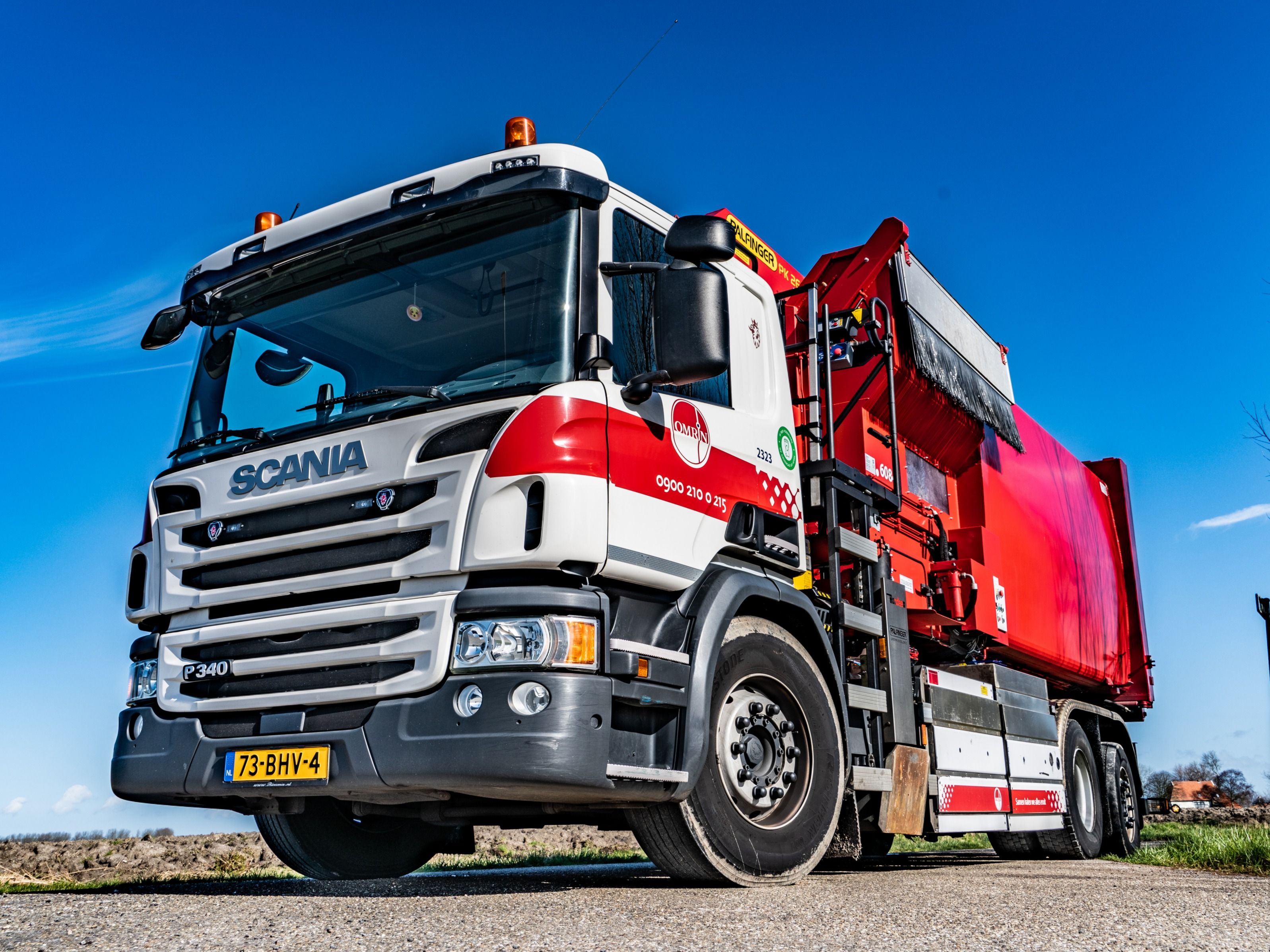Approved by curator

Added: Mar 31, 2025
Last edited: Apr 03, 2025
Omrin, a leading Dutch waste management company, has implemented innovative technologies to convert non-recyclable waste into renewable energy.Through its Energy Recovery Facility (ERF) in Harlingen and anaerobic digestion processes, Omrin produces substantial amounts of electricity, heat, and green gas.These initiatives significantly contribute to Friesland's sustainable energy supply and exemplify the principles of the circular economy.
The increasing volume of non-recyclable waste poses environmental challenges, including reliance on landfilling and fossil fuels. Addressing these issues requires sustainable waste management solutions that not only reduce landfill dependency but also harness waste as a resource for renewable energy production.
Omrin has developed a comprehensive waste-to-energy strategy that maximises resource recovery and contributes to regional sustainability. At the Energy Recovery Facility (ERF) in Harlingen, non-recyclable residual waste is processed through incineration, generating approximately 122,601 MWh of electricity and 516,660 MWh of useful heat in the form of steam in 2023. The electricity is fed into the regional grid, while the heat is supplied as steam to nearby industries, enhancing local energy resilience.
In addition to incineration, Omrin harnesses the potential of organic waste through anaerobic digestion at Ecopark De Wierde in Heerenveen. In 2023, this process produced 19.2 million cubic meters of biogas, which is upgraded to green gas. A portion of this renewable gas fuels Omrin's fleet, reducing reliance on fossil fuels, while the remainder is injected into the national gas grid, supplying approximately 10,000 households with renewable energy. Through this dual approach, Omrin effectively converts waste into valuable energy resources, demonstrating the potential of circular waste management solutions.
Omrin's initiatives have delivered substantial environmental and economic benefits, reinforcing the role of waste-to-energy solutions in a circular economy. The Energy Recovery Facility (ERF) generates enough electricity to power over 50,000 households annually, contributing approximately 25% of Friesland's renewable energy production. This large-scale renewable energy output reduces dependence on fossil fuels and strengthens regional energy resilience.
Beyond electricity generation, Omrin’s anaerobic digestion process produces green gas that fuels its own vehicle fleet and integrates into the regional energy mix. This not only lowers carbon emissions but also supports Friesland’s transition towards sustainable energy.
Omrin's commitment to collaborative energy use extends through its partnership with the Frisian Public Procurement of Energy Federation (OVEF). Through this initiative, Omrin supplies green gas to nearly all Frisian municipalities and institutions, supporting a circular regional economy and enhancing energy independence. These combined efforts highlight Omrin’s leadership in circular waste management and its role in driving a cleaner, more self-sufficient energy system in Friesland.
Omrin's commitment to sustainability extends beyond energy production.The company actively engages in waste prevention initiatives, biodiversity enhancement, and social employment programs through its Estafette recycling shops.By integrating circular economy principles into its operations, Omrin serves as a model for sustainable waste management practices.

